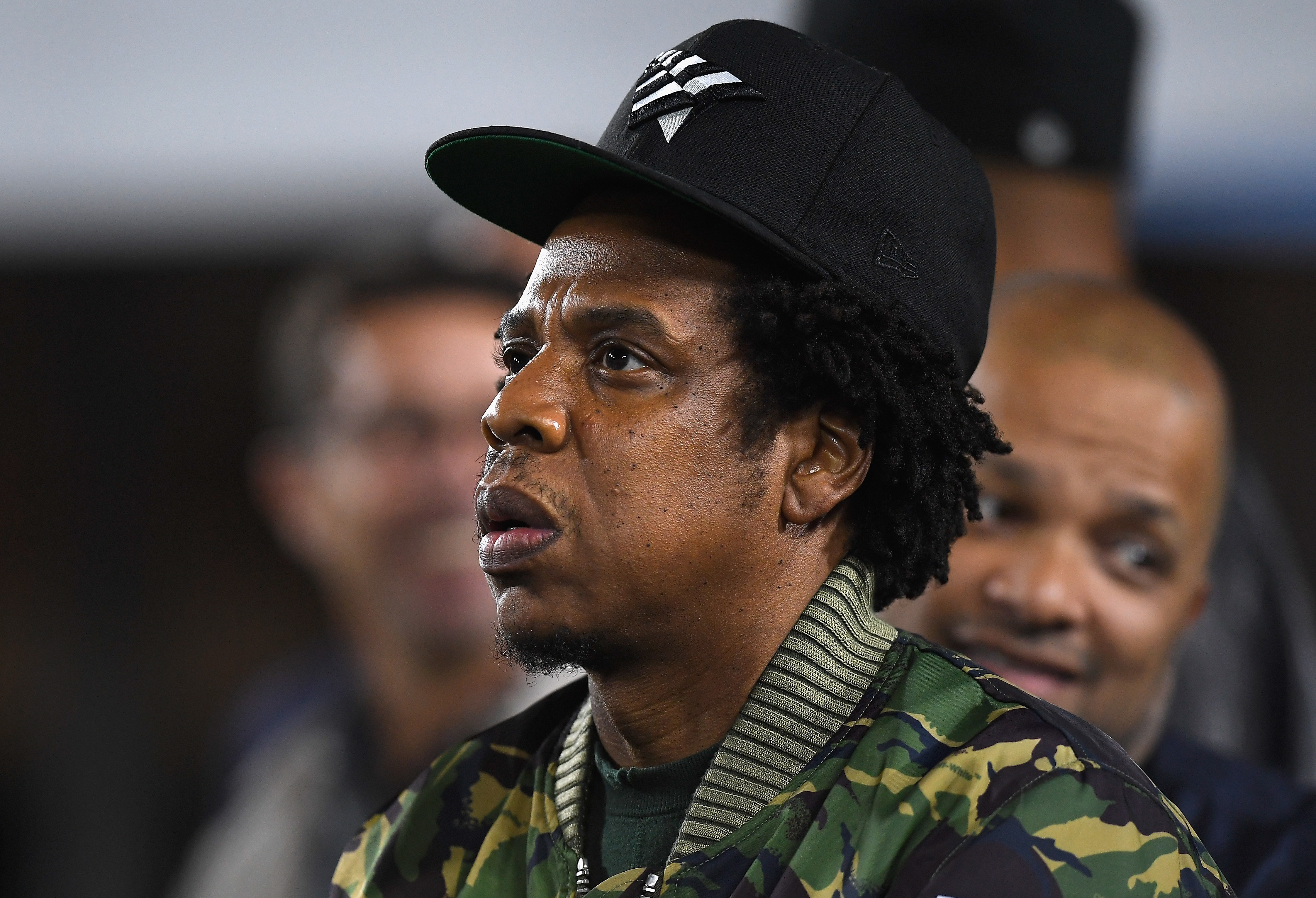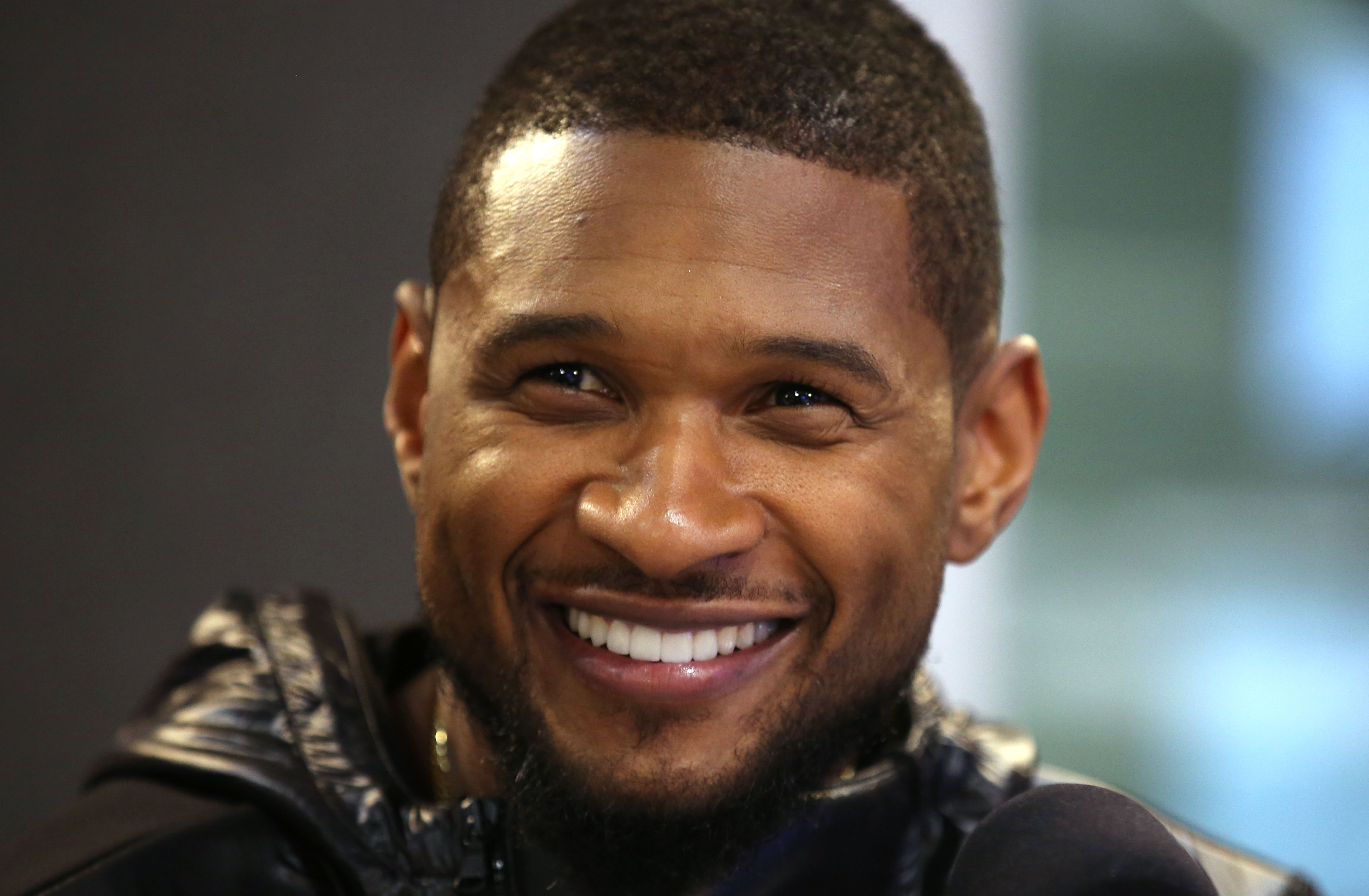Jay-Z (Shawn Carter) is testing out a novel argument in a bid to halt arbitration in his company’s licensing dispute with Iconix Brand Group. In a petition filed in New York Supreme Court on Wednesday, the hip-hop mogul argues that a failure of diversity on the part of the American Arbitration Association means he shouldn’t have to be compelled to arbitrate at the alternative dispute resolution forum.
“This blatant failure of the AAA to ensure a diverse slate of arbitrators for complex commercial cases is particularly shocking given the prevalence of mandatory arbitration provisions in commercial contracts across nearly all industries, which undoubtedly include minority owned and operated businesses,” states the petition handled by litigator Alex Spiro. “The AAA’s arbitration procedures, and specifically its roster of neutrals for large and complex cases in New York, deprive black litigants like Mr. Carter and his companies of the equal protection of the laws, equal access to public accommodations, and mislead consumers into believing that they will receive a fair and impartial adjudication.”
Iconix sued in public court and alleged it had spent over $200 million a decade ago to sell “Roc Nation” baseball caps and other merchandise. The company claimed that Jay-Z has undermined the agreement by using or allowing Major League Baseball to exploit the same intellectual property that was conveyed in the deal.
Jay-Z fired back with counterclaims. Roc Nation takes the position that it wasn’t part of the deal and that a predecessor company gave Iconix a “limited category of goods” subject to quality control and other conditions. Jay-Z is alleging that Iconix breached an implied license.
Although an aspect of this $200 million dispute has now been submitted to arbitration by Iconix on Oct. 1, the case has remained quite public thanks to Jay-Z being ordered to testify earlier this year as the SEC probed whether Iconix violated federal securities laws related to financial reporting obligations. No criminal charges have yet to be filed.
In court papers in support of a motion to stay the arbitration, Jay-Z says that Iconix has commenced arbitration to increase pressure on defendants in the trademark case and demand financial information. The arbitration results from an earlier settlement agreement that preceded the litigation and evidently contained a clause that provided certain disputes would be adjudicated at AAA.
“After a preliminary conference with the AAA, Mr. Carter and his companies sought to choose an arbitrator pursuant to the parties’ agreement, which required consultation of a list of more than 200 prospective neutrals who specialize in ‘Large and Complex Cases,'” writes Spiro. “When Mr. Carter began reviewing arbitrators on the AAA’s Search Platform, however, he was confronted with a stark reality: he could not identify a single African-American arbitrator on the ‘Large and Complex Cases’ roster, composed of hundreds of arbitrators, that had the background and experience to preside over the Arbitration. After repeated requests to the AAA for diverse arbitrators with expertise in complex commercial law, the AAA was able to provide only three neutrals it identified as African-American: two men—one of whom was a partner at the law firm representing Iconix in this arbitration and thus had a glaringly obvious conflict of interest— and one woman.”
Jay-Z is now alleging that the arbitration clause violates New York’s public policy against racial discrimination.
Here’s the full memorandum in support of the stay.
This article originally appeared in The Hollywood Reporter.





